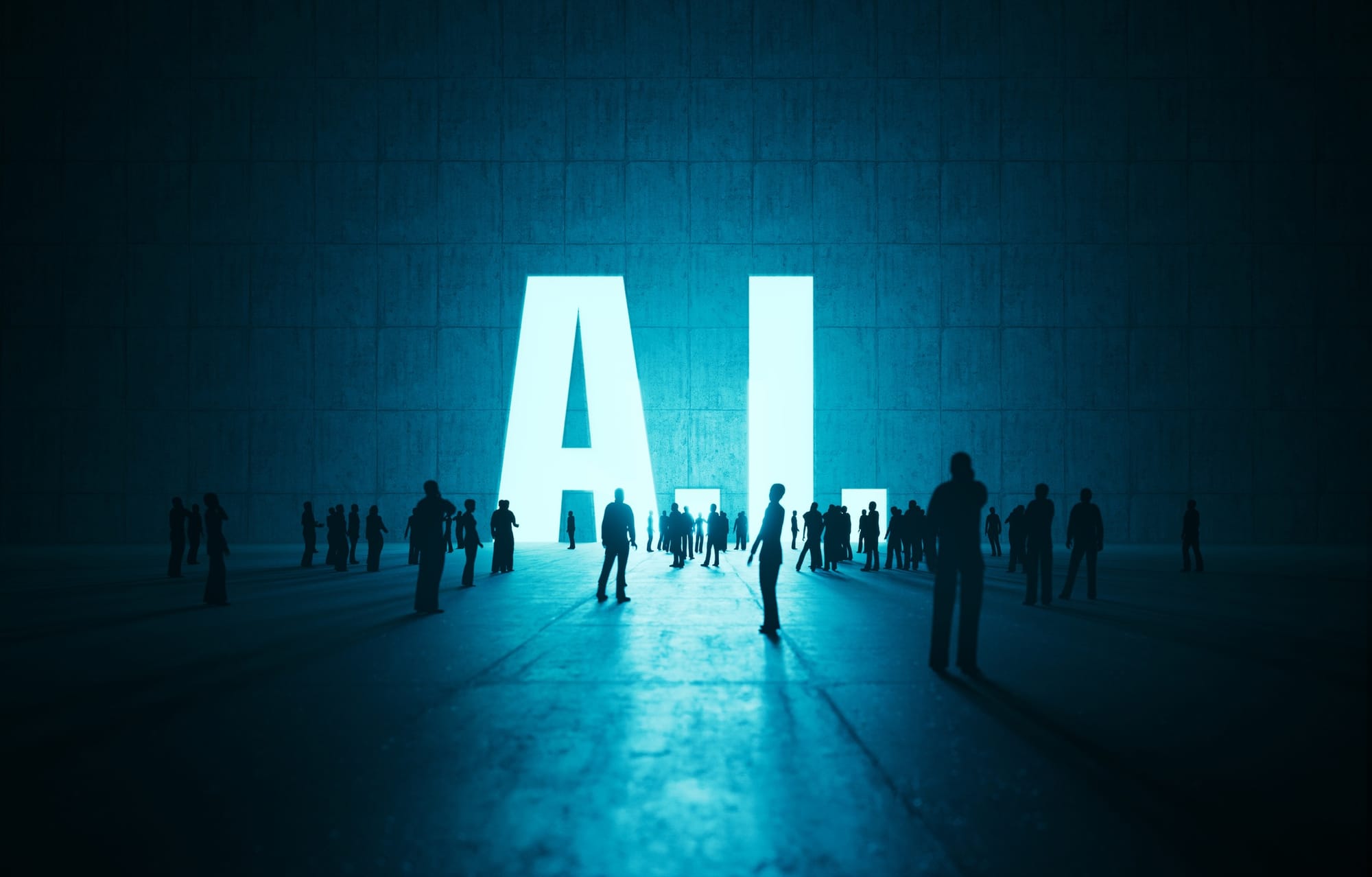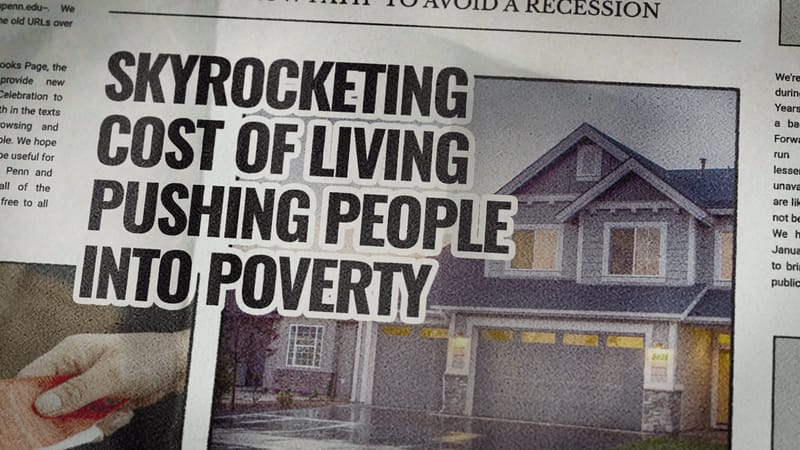
Artificial intelligence isn’t just the buzzword of the past year – it might just be the buzzword of the next century. That’s because at every passing moment, technology is making exponential leaps.
Read more: AI, we need to talk: The divide between humanities and objective truth
As AI continues to reach capabilities few ever imagined possible, leading academics have pivoted the debate from whether all AI innovation is good innovation, and where its limitations lie, to whether our inherent embrace of technology that makes our lives easier has the potential to threaten our very way of being.
Read more: So sue me: Who should be held liable when AI makes mistakes?
In all facets of life, AI creates just as much opportunity as it does the opposite. And as we get closer to integrating it into everything we do, there will quickly come a time where we’ll need to collectively determine whether it’s best to accept the technology into our lives, or reject it altogether.
Either way, significant action will need to be put in place in order to ensure the best possible outcome for everyone.
Find out what AI really means for the future of humanity in this episode of A Different Lens.





